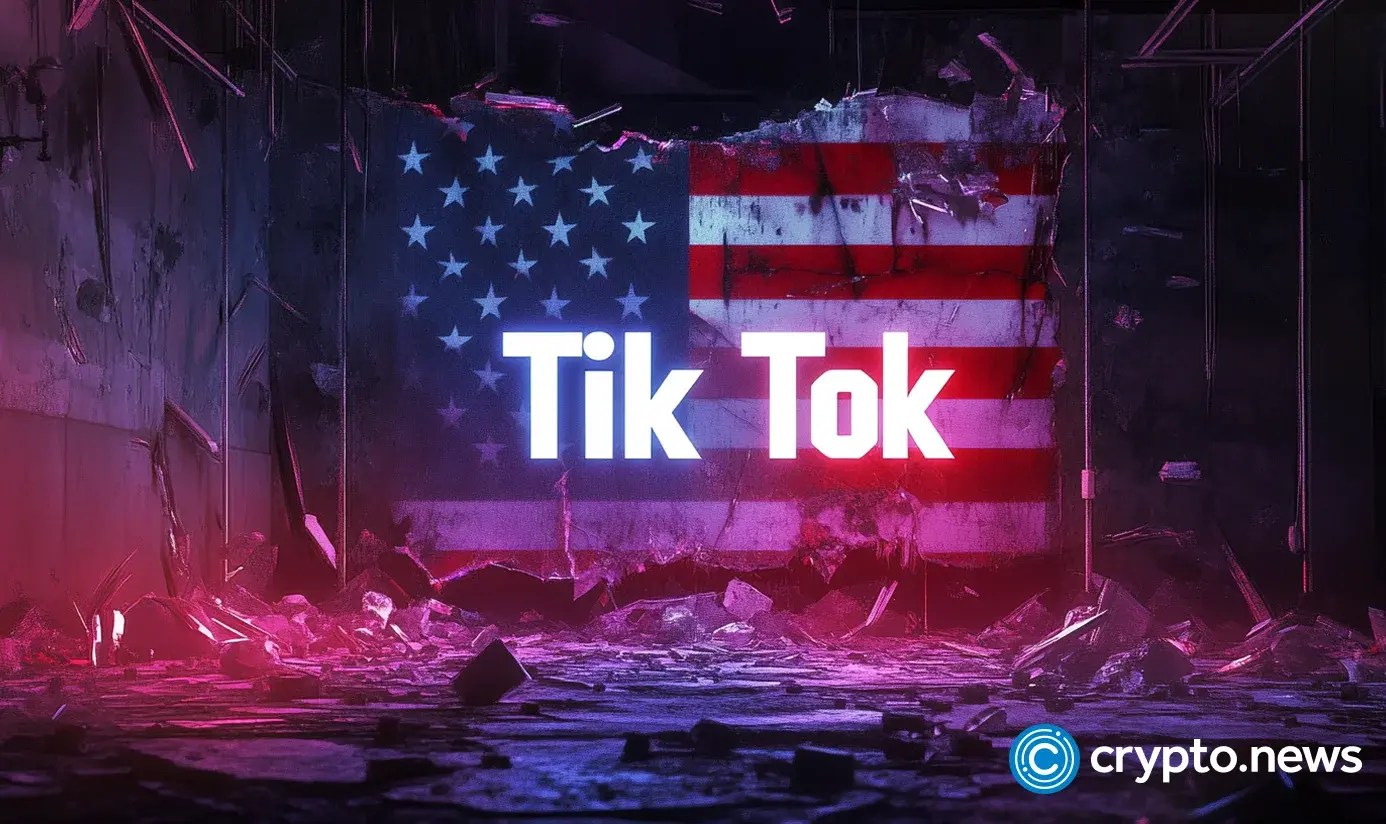TikTok had a good run in the United States, but I believe this is about to change—especially given the sale of its operations and a copy of its algorithm to a consortium of investors that includes Oracle, Silver Lake, and a number of others yet to be determined. This consortium is slated to take over TikTok’s U.S. operations, probably sometime early next year.
### Why Did TikTok Have to Be Sold?
TikTok was the first global social media platform to make a significant impact without being controlled by the usual social media giants, all of which had been based and operated in the U.S. That was not necessarily a bad thing, even though rumors persisted about the Chinese government accessing U.S. user data on the platform. These concerns led to a temporary ban of TikTok in the U.S. in January 2025.
But the real question we should ask is: Was it truly about protecting U.S. user data from the Chinese government that forced the sale?
### Narrative Control: The Real Power Struggle
Narrative control is a real and mighty force. Social media is used by over half the planet, and it shapes public opinion, creates or enforces narratives, and can unite or divide audiences worldwide. Because of this incredible power, it is vital that no centralized entity holds unchecked control over it.
Unfortunately, that is not the reality we live in. Social media platforms are notorious for censoring, shadow banning, banning outright, and demonetizing creators for expressing opinions that challenge the narrative of the day—regardless of the platform’s country of origin.
This censorship isn’t limited to fringe or violent content. It affects creators across the entire social and political spectrum. Many creators resort to using substitutes for specific words, knowing that the original terms could trigger punitive actions against their accounts.
Isn’t all this a direct impediment to the First Amendment of the United States? Freedom of speech is a precious and rare right in today’s world, and it must be protected by all means.
### A Dangerous New Government-Controlled Media Entity
Now, let’s turn to the new TikTok deal. At first glance, it seemed like a positive development. Finally, TikTok’s narrative would no longer be potentially controlled by a foreign entity, but rather by U.S.-based owners who would protect user data and prevent government access.
So, what’s the problem?
The problem is that the new “TikTok USA” risks becoming a government-controlled media platform—similar to the old TV networks of the 1950s, but millions of times more powerful.
TikTok has traded one gatekeeper of speech and user privacy for another. This new gatekeeper is heavily invested in the current political and social narratives its users create and consume.
The consortium’s close ties with the U.S. government raise serious concerns. History shows that absolute power tends to corrupt absolutely. The temptation to control daily narratives, silence “troublesome” creators, and abuse user data is simply too great.
If public figures like Jimmy Kimmel can be temporarily taken off the air through government influence, what hope do TikTok creators have if they don’t align with the new consortium’s loyalties?
How will this differ from the content suppression based on political bias we’ve seen exposed in “The Twitter Files” or the content promoted on X under Elon Musk?
### Oracle, Larry Ellison, and the Techno-Surveillance Future
Although we don’t yet know the full details of the “TikTok USA” consortium, we do know that Oracle and its co-founder Larry Ellison will play a vital and vocal role in TikTok’s future and its approach to speech.
Just before the sale, Ellison outlined his vision of a techno-surveillance state designed to keep citizens “on their best behavior,” stating:
> “Citizens will be on their best behavior, because we’re constantly recording and reporting everything that is going on.”
This vision doesn’t sound much different from the Chinese system—the very threat that supposedly forced the sale in the first place.
Now, with a mass consumer app like TikTok in his hands, Ellison has the perfect testing ground to explore these theories. The temptation to exercise full narrative control is likely too strong to resist.
Public opinion matters greatly to those in power. If there is a way to sway opinions to be more “suitable,” why wouldn’t they take it?
It’s akin to a parent handing a three-year-old a gallon of ice cream while saying, “Don’t eat it.”
### Decentralized Media: The Only Media Compatible with Democracy
I believe censorship and bans on TikTok will dramatically increase under this new ownership. It will become a tightly closed echo chamber, with little international or alternative content allowed.
Users’ ability to express themselves in novel and diverse ways will be severely limited. The platform’s bandwidth and user attention will be too precious to waste on anything other than what the new owners approve for the feed.
Creators will self-censor heavily, walking on eggshells to avoid punitive consequences.
This new TikTok will likely deepen divisions in a country that desperately needs unity.
The United States’ greatest strength—the diversity of its people and their opinions—has always been its “cheat code” to becoming the most powerful country in history.
Democracy, by nature, is decentralized. It aims to ensure our individual voices are heard and to foster a healthy, prosperous society.
When we hand over absolute control of one of the most powerful communication platforms to centralized entities, we risk losing our voices entirely.
—
Protecting freedom of speech and promoting diverse, decentralized media is crucial—not only for TikTok’s future but for the future of democracy itself.
https://bitcoinethereumnews.com/tech/tiktok-usa-will-be-bad-for-creators-users-and-privacy/

Be First to Comment